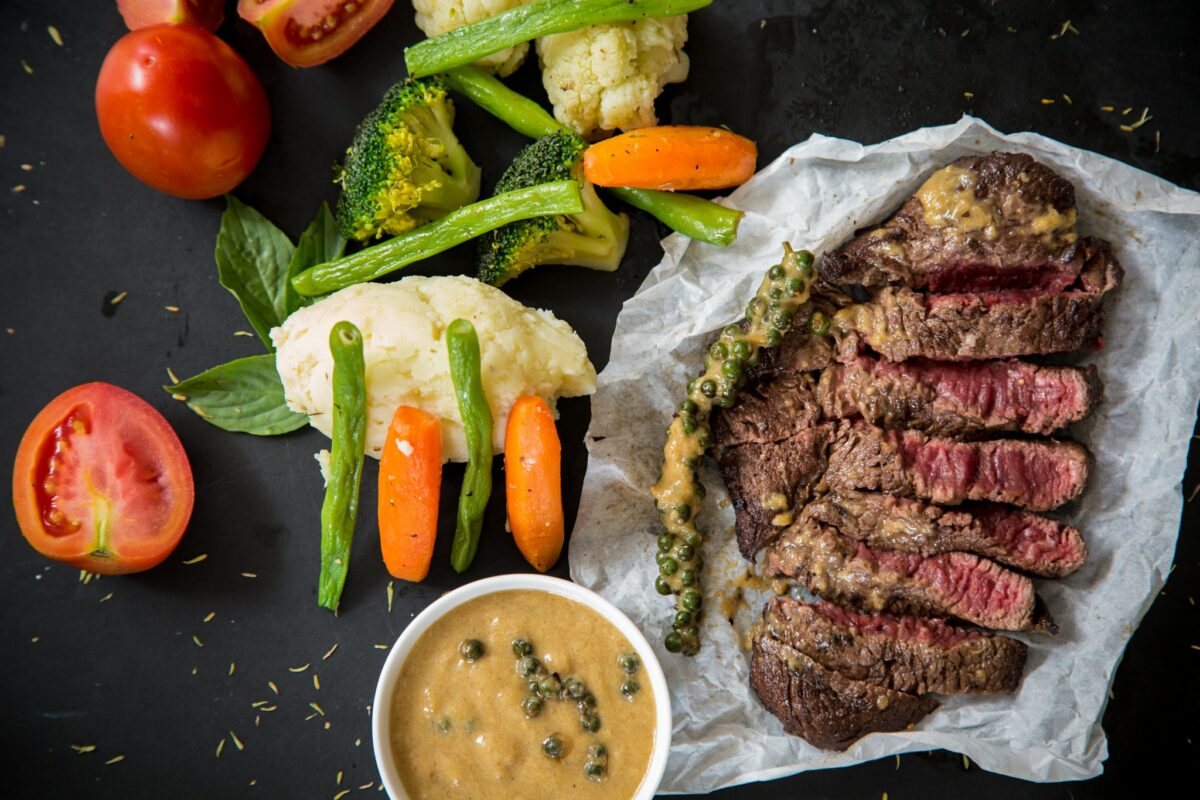When breastfeeding your baby, you need around 500 extra calories per day. This is more than when you were pregnant! This amount could be a little less or a little more depending on how much milk you are producing. For example, if you doing a combination of formula-feeding and breastfeeding your baby, you likely do not need the full 500 calories; Or, if you are breastfeeding your baby and also pumping additional milk, you may need more than 500 extra calories. Try to get the extra calories from high-quality food sources (See list below).
It is also important to remember than when producing milk, your body may want you to keep a couple of extra pounds on you in order maintain milk supply. Do not worry about a few extra pounds! It is also not unusual for some women to lose weight when breastfeeding. Everyone is different. Don’t compare yourself to anyone else! Focus on keeping a healthy weight for you and your baby!
List of important nutrients for breastfeeding, and where to find them.
- Calcium: milk; cheese; yogurt; fish with edible bones; tofu processed with calcium sulfate; bok choy; broccoli; kale; collard, mustard, and turnip greens; breads made with milk.
- Zinc: meat, poultry, seafood, eggs, seeds, legumes, yogurt, whole grains (bioavailability from this source is variable).
- Magnesium: nuts, seeds, legumes, whole grains, green vegetables, scallops, and oysters (in general, this mineral is widely distributed in food rather than concentrated in a small number of foods).
- Vitamin B6: bananas, poultry, meat, fish, potatoes, sweet potatoes, spinach, prunes, watermelon, some legumes, fortified cereals, and nuts.
- Thiamin: pork, fish, whole grains, organ meats, legumes, corn, peas, seeds, nuts, fortified cereal grain (widely distributed in foods).
- Folate: leafy vegetables, fruit, liver, green beans, fortified cereals, legumes, and whole-grain cereals.
https://www.ncbi.nlm.nih.gov/books/NBK235579/
https://www.ncbi.nlm.nih.gov/pmc/articles/PMC5104202/
© WKU {2022} All rights reserved.
